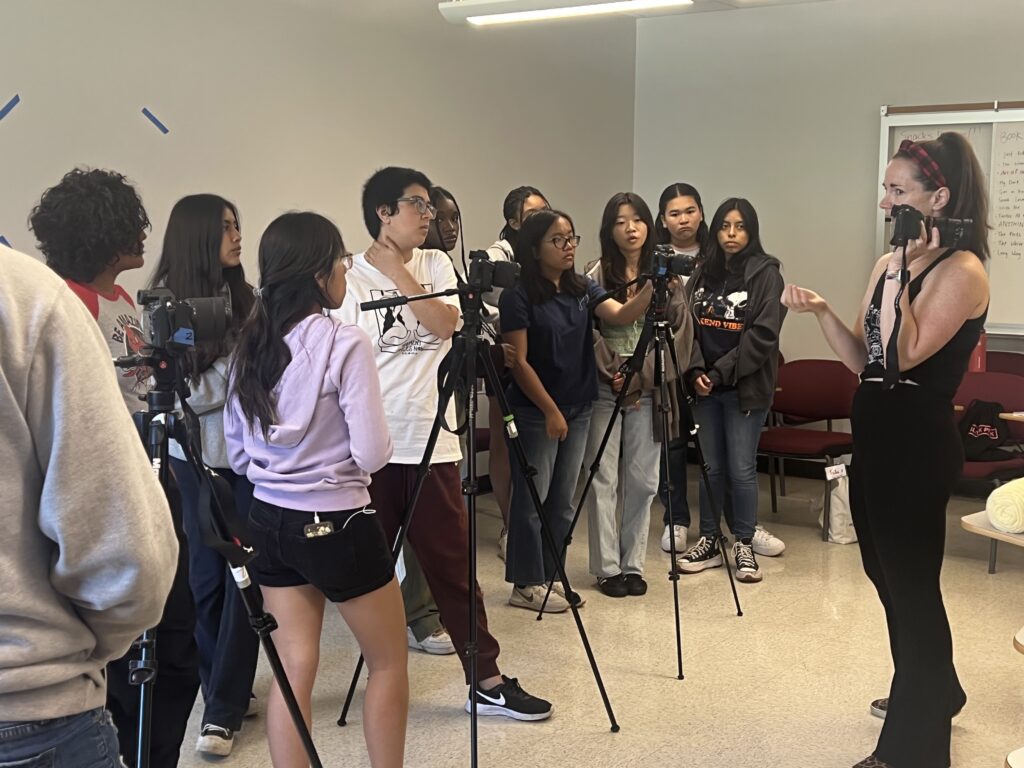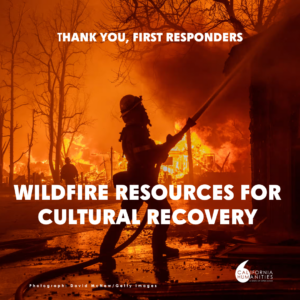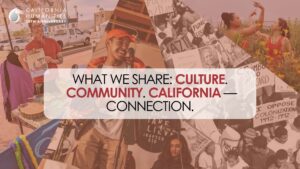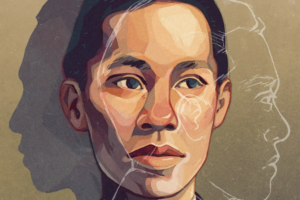We recently engaged in a series of thoughtful email exchanges with the leadership of Girls’ Voices Now (GVN), a proud grantee of California Humanities California Documentary Projects Grants. For over seven years, GVN has reshaped narratives by empowering young girls from under-resourced communities to tell their own stories through filmmaking. In this exclusive email Q&A, we explore the mission, impact, and future of GVN, alongside the transformative experiences of its participants.
Email Q: What is the mission of Girls’ Voices Now, and how does it empower young storytellers?
GVN Leadership:
“At Girls’ Voices Now, our mission is to build confidence and foster inclusion by addressing a critical need within under-resourced communities. We empower young girls through filmmaking—providing a platform where creative expression becomes a tool for personal, academic, and professional development. Many of the communities we serve lack safe spaces for girls to share their stories. Our program is designed to fill that gap, equipping these future changemakers with the skills and confidence to advocate for themselves and their communities. Ultimately, we aim to nurture the next generation of activists, storytellers, and leaders.”
Email Q: What impact have you seen the program have on participants?
GVN Leadership:
“Over the past seven years, we’ve witnessed both qualitative and quantitative transformations. After our 2024 summer program, our participants reported dramatic improvements in their skills and self-confidence. For instance, 70% of them felt very comfortable with public speaking after the program, compared to just 10% beforehand. Similarly, 90% reported feeling at ease leading group projects (up from 30%), while 80% felt significantly more confident in themselves (a jump from 20%). Remarkably, 90% of the girls felt very confident in their camera skills post-program, even though only 30% had prior experience. These numbers underscore the profound impact our program has on shaping their academic and professional futures.”
Email Q: How do you see storytelling and the humanities shaping young voices today?
GVN Leadership:
“In today’s digital age, storytelling is more critical than ever. Many of our films delve into timely issues like the impact of social media on youth—providing multimedia primary sources that enrich cultural studies in the 21st century. Emerging research indicates that social media affects young women more profoundly than young men. Our films—such as The Beauty in Being Different (2023, nominated for a Children’s and Family Emmy), The Reflection on My Screen (2021), and Words I Can’t Forget (2024)—offer intimate insights into issues like colorism within communities of color and the pervasive influence of mainstream culture. By engaging with these topics, our participants not only hone their technical skills but also become part of a broader conversation about identity, representation, and inclusion.”
Email Q: What’s next for Girls’ Voices Now? Are there any exciting updates or upcoming projects?
GVN Leadership:
“We’re thrilled to announce that we are now accepting applications for our 2025 Girls’ Voices Now program. The upcoming cycle will kick off with a 4-week summer intensive training—from July 7, 2025, to August 1, 2025—designed for up to 15 participants, running weekdays from 9 a.m. to 4 p.m. Beyond this immersive summer experience, we’re planning two public premiere screenings in the fall of 2025 to showcase the transformative films our participants create. Additionally, we’re expanding our year-round programming, which currently serves over 100 girls and their families. These initiatives include financial wellness workshops, support for entering films into festivals nationwide, and public speaking opportunities through our extended Women’s Voices Now network.”
Email Q: And finally, what did participating in Girls’ Voices Now mean to you?
Erin De La Cruz, 2024 GVN Cohort:
“This program has helped me find my voice and be confident in it. I learned how to be comfortable talking to new people, and it taught me how to discuss difficult topics that I feel strongly about.”
Although our conversation took place over email, the leadership’s passionate responses vividly illustrate the transformative power of Girls’ Voices Now. The program is not merely about teaching filmmaking—it’s about reshaping futures, amplifying voices, and challenging traditional narratives. Through initiatives like these, California Humanities continues to celebrate the diverse stories that make California a vibrant tapestry of culture and innovation.





